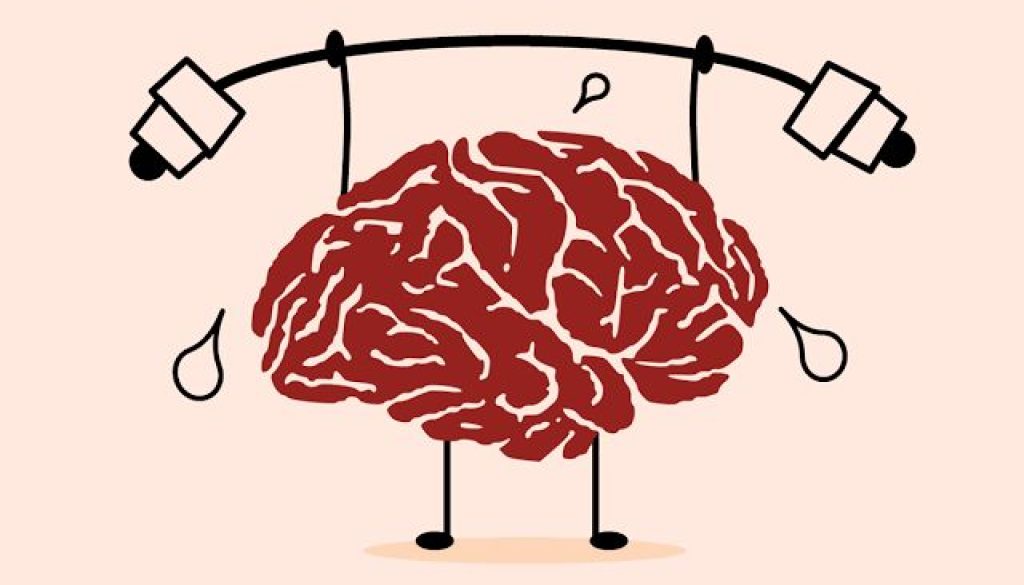Schizophrenia: Understanding the Complexities of a Debilitating Mental Health Disorder
What is Schizophrenia?
Schizophrenia is a neurodevelopmental disorder that alters the way an individual perceives reality. It is not a split personality disorder, as commonly misunderstood. Instead, it involves a disintegration of thought processes, leading to:
1. Distorted thinking and perception
2. Disorganized speech and behavior
3. Emotional flattening or instability
4. Social withdrawal and impaired relationships
Types of Schizophrenia
The Diagnostic and Statistical Manual of Mental Disorders (DSM-5) recognizes five subtypes of schizophrenia:
1. Paranoid Schizophrenia: Dominated by delusions and hallucinations
2. Disorganized Schizophrenia: Characterized by disorganized speech and behavior
3. Catatonic Schizophrenia: Marked by immobility or excessive movement
4. Undifferentiated Schizophrenia: Mixed symptoms without dominant features
5. Residual Schizophrenia: Reduced symptoms, but ongoing impairment
Causes and Risk Factors
While the exact cause of schizophrenia remains unknown, research suggests:
1. Genetic predisposition
2. Brain chemistry imbalances (dopamine and serotonin)
3. Environmental factors:
– Prenatal complications
– Childhood trauma
– Social isolation
– Substance abuse
4. Neurodevelopmental abnormalities
Symptoms
Schizophrenia symptoms vary widely but typically include:
1. Positive symptoms:
– Hallucinations (auditory, visual, or tactile)
– Delusions (paranoid, grandiose, or bizarre)
– Disorganized thinking and speech
2. Negative symptoms:
– Emotional flattening
– Social withdrawal
– Lack of motivation
– Impaired cognitive function
3. Cognitive symptoms:
– Attention deficits
– Memory impairments
– Difficulty with problem-solving
Diagnosis and Treatment
Diagnosis involves:
1. Comprehensive psychiatric evaluation
2. Physical examination
3. Laboratory tests (to rule out other conditions)
Treatment options:
1. Antipsychotic medications
2. Cognitive-behavioral therapy (CBT)
3. Family therapy
4. Social skills training
5. Rehabilitation programs
Living with Schizophrenia
While schizophrenia is a debilitating disorder, individuals can manage symptoms and improve quality of life with:
1. Adherence to treatment
2. Social support networks
3. Stress management techniques
4. Healthy lifestyle choices
5. Ongoing medical care
In conclusion
Schizophrenia is a complex mental health disorder requiring compassion, understanding, and comprehensive care. By dispelling misconceptions and promoting awareness, we can:
1. Reduce stigma
2. Encourage early intervention
3. Support affected individuals and families
4. Advance research and treatment options



